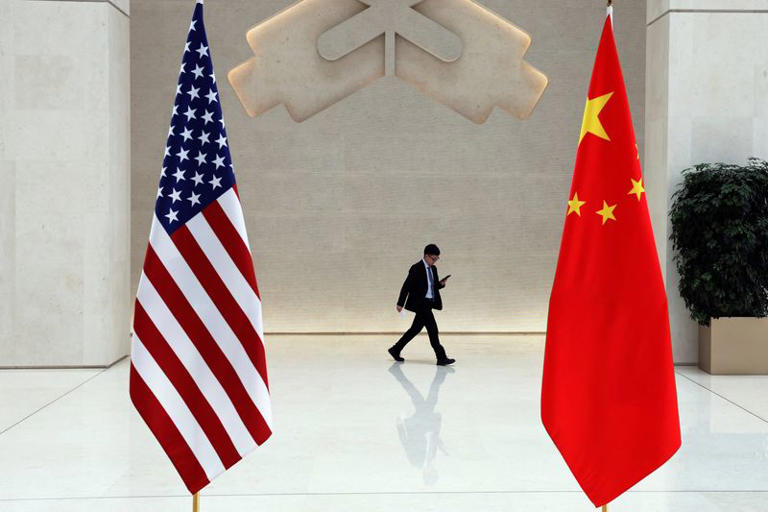The United States finds itself at a critical juncture in its relationship with China, particularly concerning the influx of Chinese connected vehicles and the potential national security risks they pose. Commerce Secretary Gina Raimondo’s recent statements hint at the gravity of the situation, indicating that the U.S. government is considering drastic measures, including the possibility of banning these vehicles or imposing strict restrictions.
Raimondo emphasized the need for a thorough review of the data collected during the national security investigation initiated by the Biden administration in February. The investigation was prompted by concerns that Chinese vehicles, equipped with sophisticated technology capable of extensive data collection, could pose significant risks to national security. This concern stems from the vehicles’ ability to gather sensitive information about drivers, passengers, and even U.S. infrastructure through built-in cameras and sensors.
The potential implications of allowing widespread use of Chinese connected vehicles within the United States have raised alarm bells within the government. Raimondo’s mention of “extreme action” reflects the seriousness with which the administration is approaching the issue. The proposed actions range from an outright ban on Chinese connected vehicles to implementing mitigation measures such as safeguards or additional regulatory requirements.
President Joe Biden has made it clear that addressing the influx of Chinese vehicle imports is a priority. While the current number of Chinese-made light-duty vehicles imported into the country is relatively low, the potential national security risks associated with their use warrant proactive measures.
Automakers, including industry giants like General Motors, Toyota, and Volkswagen, have expressed their willingness to collaborate on developing frameworks for information and communications technology in connected vehicles. However, they have also cautioned that implementing such measures may pose significant challenges, including the need to overhaul existing technology systems.
In addition to potential bans or restrictions on Chinese connected vehicles, the Biden administration is exploring other options, such as imposing tariffs on Chinese-made vehicles. There is also growing pressure to restrict Chinese electric vehicle imports from Mexico.
While Chinese authorities have defended the global popularity of their vehicles as a result of market competition and technological innovation, concerns persist among U.S. lawmakers about the handling of sensitive data by Chinese companies operating in the autonomous vehicle sector.
The outcome of the Commerce Department’s investigation and the subsequent policy decisions will have far-reaching implications for trade relations between the United States and China, as well as for the automotive industry and consumer choices in the U.S. market. These decisions will shape the future of technological innovation and national security in the automotive sector.
